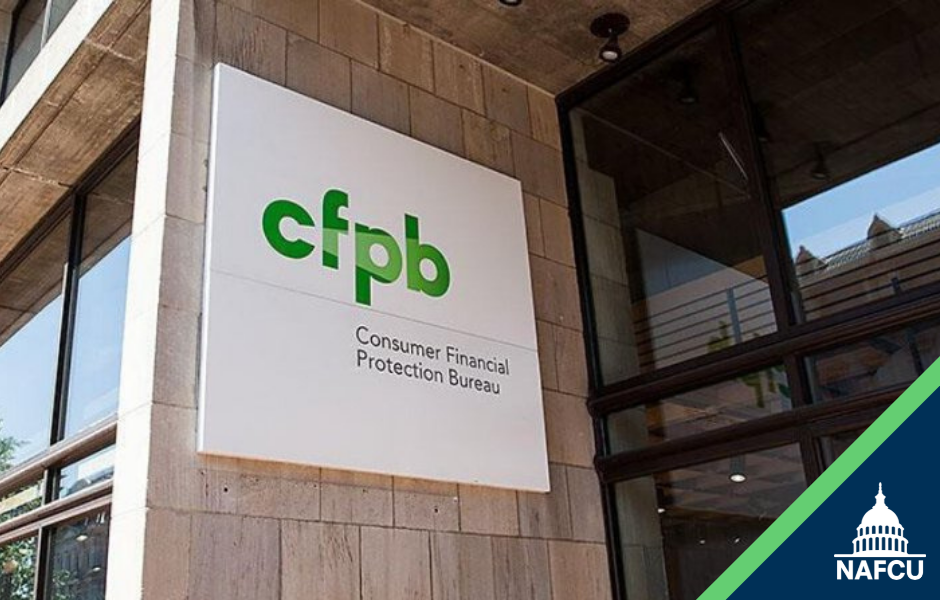Newsroom
CFPB details UDAAP findings in new report
 In a new Supervisory Highlights report issued Wednesday, the CFPB detailed its unfair, deceptive, and abusive acts or practices (UDAAP) findings across consumer financial products, including auto lending, medical debt collection, and payday lending.
In a new Supervisory Highlights report issued Wednesday, the CFPB detailed its unfair, deceptive, and abusive acts or practices (UDAAP) findings across consumer financial products, including auto lending, medical debt collection, and payday lending.
On auto lending, the CFPB observed a significant shift in the market due to the sharp rise in car prices during the coronavirus pandemic, leading to “larger loan amounts, higher monthly payments, and consequently, a higher rate of loan delinquencies.” The CFPB found that consumers were misled and servicers charged fraudulent interest on inflated loan balances, cancelled automatic payments without sufficient notice - which led to unavoidable late fees, and engaged in illegal collection practices after repossession.
Regarding medical debt and general debt collection, the CFPB found that debt collectors violated the Fair Debt Collection Practices Act by collecting an amount not permitted by law or agreement. Of note, the bureau recently announced it will host a hearing on medical billing and collections, with a focus on medical payment products – such as medical credit cards and installment loans – featuring CFPB Director Rohit Chopra and agency officials from the White House, the Department of Health and Human Services, and the Treasury Department.
In addition, the CFPB found unfair and abusive acts employed by payday lenders in their collection practices, including false collection threats and inserting language in loan agreements that prohibited consumers from revoking their consent for the lender to contact them.
The report covers findings from CFPB supervisory examinations completed from July 2022 to March 2023; view the full report.
Earlier this month, in response to the CFPB’s policy statement on how it defines “abusive” under its UDAAP authority, NAFCU reiterated the association’s call for the bureau to provide more clarity through an official rulemaking process. NAFCU will continue to work with the bureau on the issue and provide credit unions with updated resources to support compliance.
Share This
Related Resources
Add to Calendar 2024-06-26 14:00:00 2024-06-26 14:00:00 Gallagher Executive Compensation and Benefits Survey About the Webinar The webinar will share trends in executive pay increases, annual bonuses, and nonqualified benefit plans. Learn how to use the data charts as well as make this data actionable in order to improve your retention strategy. You’ll hear directly from the survey project manager on how to maximize the data points to gain a competitive edge in the market. Key findings on: Total compensation by asset size Nonqualified benefit plans Bonus targets and metrics Prerequisites Demographics Board expenses Watch On-Demand Web NAFCU digital@nafcu.org America/New_York public
Gallagher Executive Compensation and Benefits Survey
preferred partner
Gallagher
Webinar
Add to Calendar 2024-06-21 09:00:00 2024-06-21 09:00:00 The Evolving Role of the CISO in Credit Unions Listen On: Key Takeaways: [01:30] Being able to properly implement risk management decisions, especially in the cyber age we live in, is incredibly important so CISOs have a lot of challenges here. [02:27] Having a leader who can really communicate cyber risks and understand how ready that institution is to deal with cyber events is incredibly important. [05:36] We need to be talking about risk openly. We need to be documenting and really understanding what remediating risk looks like and how you do that strategically. [16:38] Governance, risk, compliance, and adherence to regulatory controls are all being looked at much more closely. You are also seeing other technology that is coming into the fold directly responsible for helping CISOs navigate those waters. [18:28] The reaction from the governing bodies is directly related to the needs of the position. They’re trying to help make sure that we are positioned in a way that gets us the most possibility of success, maturing our postures and protecting the institutions. Web NAFCU digital@nafcu.org America/New_York public
The Evolving Role of the CISO in Credit Unions
preferred partner
DefenseStorm
Podcast
AI in Action: Redefining Disaster Preparedness and Financial Security
Strategy
preferred partner
Allied Solutions
Blog Post
Get daily updates.
Subscribe to NAFCU today.
